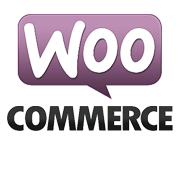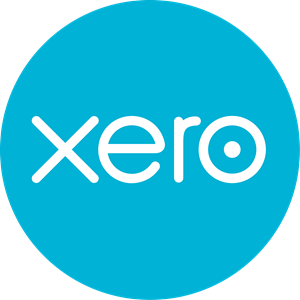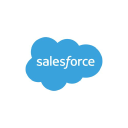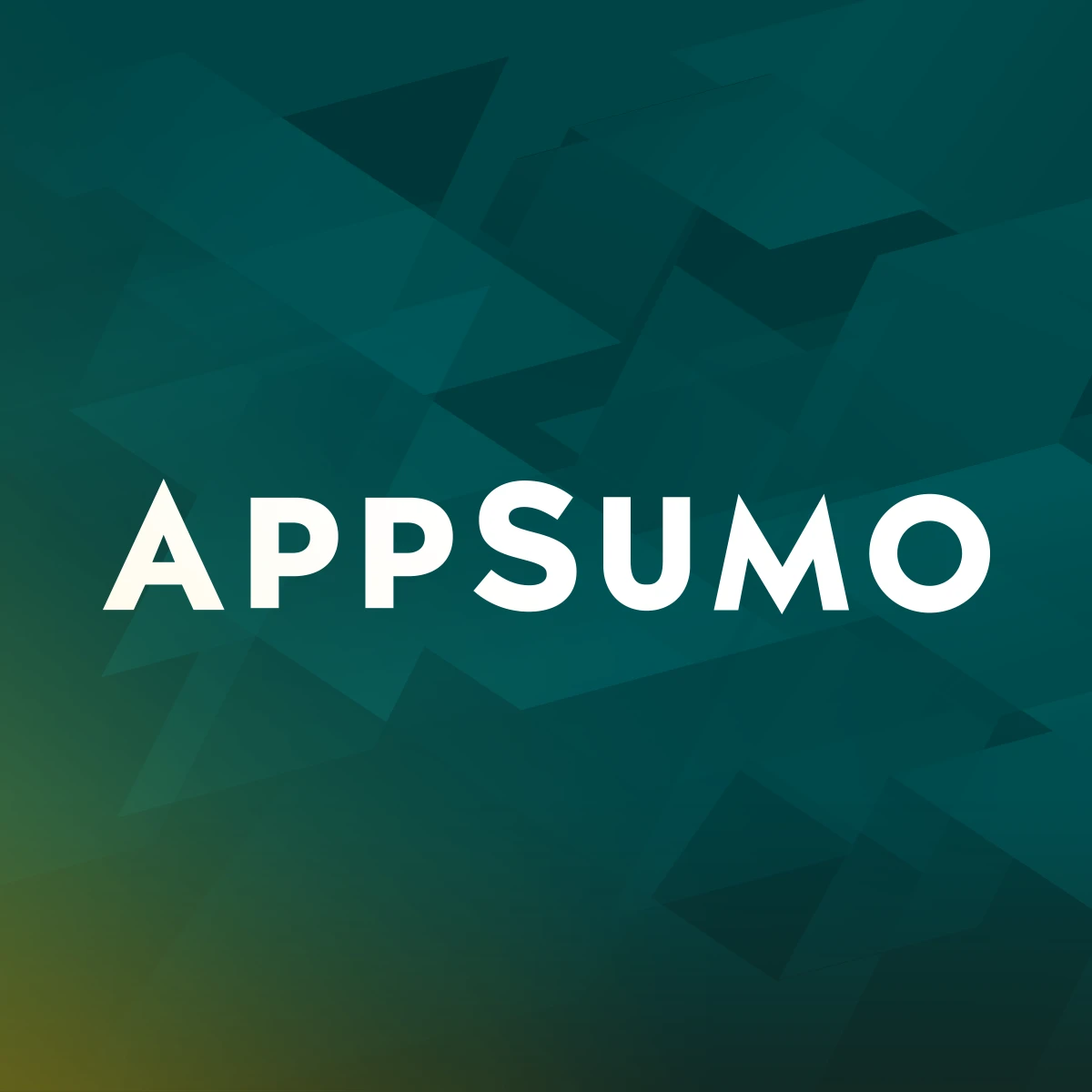On Launching A Salesforce Certification Business [With Less Than $400]
Hi, I’m Martin Gessner and I’m the founder of Focus on Force. I started the business in 2015 to help others who are studying for a Salesforce certification.
We sell certification study guides and practice exams to people who are looking to get their first Salesforce certification or continue on their journey by achieving multiple certifications.
Our customers are people who are new to the Salesforce world, those working in various Salesforce-related roles, Salesforce consulting companies that are supporting their team members with further training and education right through to Salesforce architects who are studying for the more advanced certifications on offer from Salesforce.
I started the business in 2015 selling the Admin Certification and now in 2023 we offer certification preparation and training materials for more than 15 certifications, however Admin is still our most popular, as it is usually the first certification that people will attempt.









































